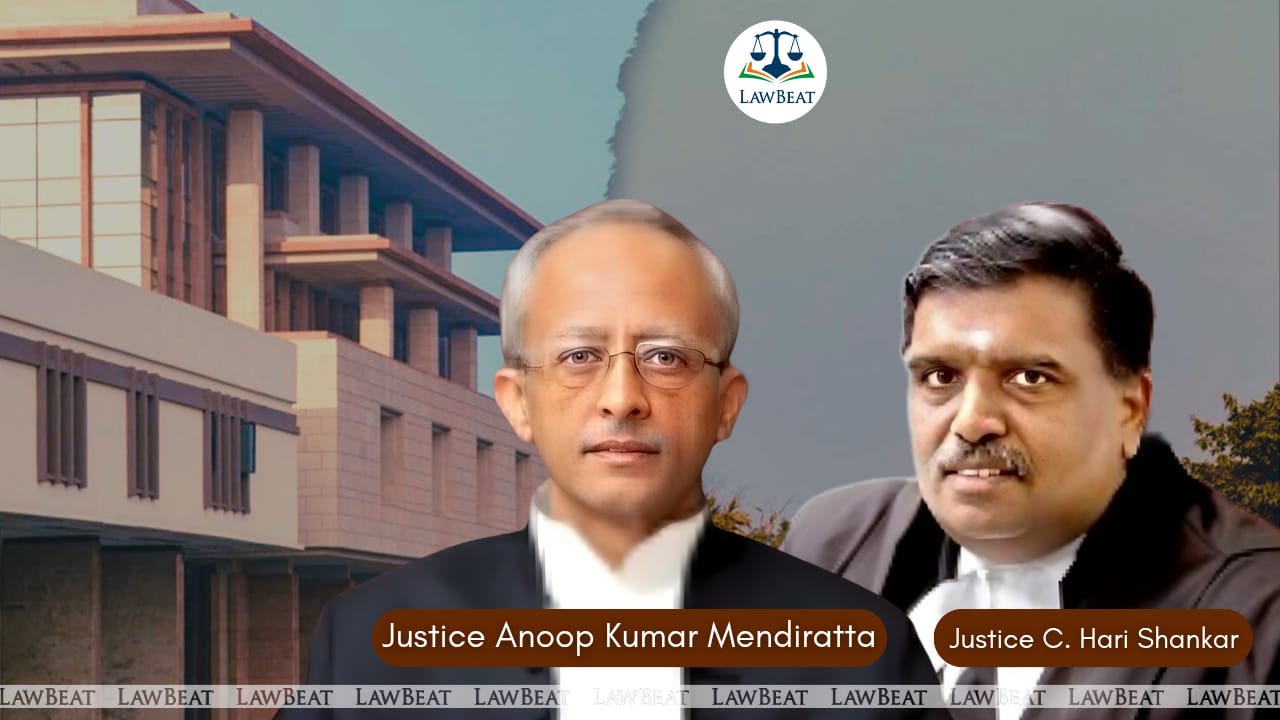A Litigant Cannot Abandon All Responsibility To Keep Track Of A Matter, Once It Is Entrusted To Counsel: Delhi HC

The bench highlighted, “the unwholesome practice of seeking to explain away inordinate delay and laches on approaching the Court on the mere ground that the Counsel who had been dealing with, or entrusted, the matter, was tardy, negligent, or indolent”.
The Delhi High Court, in a recent writ petition concerning the rectification of an inordinate six-year delay, rejected the practice of attributing such excessive delays and negligence solely to the tardiness, negligence, or indolence of the counsel handling the matter.
The bench comprising Justice C. Hari Shankar and Justice Anoop Kumar Mendiratta remarked, “A litigant does not abandon all responsibility to keep track of a matter, once it is entrusted to Counsel”.
The court strongly disapproved of improperly justifying undue delays and inaction by blaming the counsel. On some occasions, such claims were accompanied by an assertion that the litigant had filed a complaint against the counsel with the Bar Council.
The court categorically disapproved of attempts to shift the responsibility for delays onto the counsel. It emphasized that filing a complaint with the Bar Council could not serve as an acceptable justification for such delays. The court reiterated that litigants could not absolve themselves of their duty to monitor the progress of their cases after entrusting them to their counsel.
However, the Court acknowledged that if the counsel had indeed been negligent, the litigant bore the burden of providing credible evidence to demonstrate that they had maintained regular communication with the counsel during the period of delay and had been misled.
“The Court has to be satisfied that, in fact, the Counsel has been misleading the client, and that this explains the entire period of delay in approaching the Court. Of course, if the Court is so satisfied, and an innocent litigant has been led up the garden path by an unscrupulous Counsel, the court would not allow injustice to be done, and would, in an appropriate case, condone the delay”, the court emphasized.
In the present case, the court noted that the petitioner failed to provide a satisfactory explanation for the six-year delay. As a result, the writ petition was dismissed on the grounds of unexplained delay and inaction.
For Petitioner: Advocate M.K. Gaur
For Respondents: Special Public Counsel Vinay Yadav, Government Pleader Vedansh Anand with Advocates Sachin Saraswat, Abhinav M. Goel and Ansh Kalra
Case Title: Rahul Mavai v Union (2024:DHC:9873-DB)
